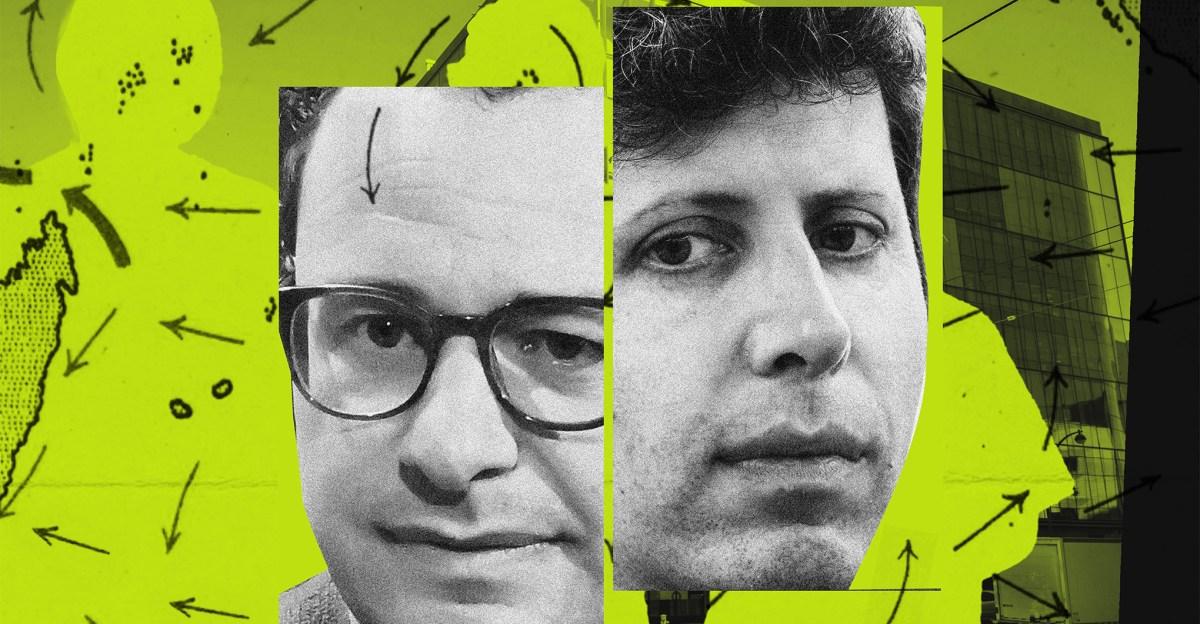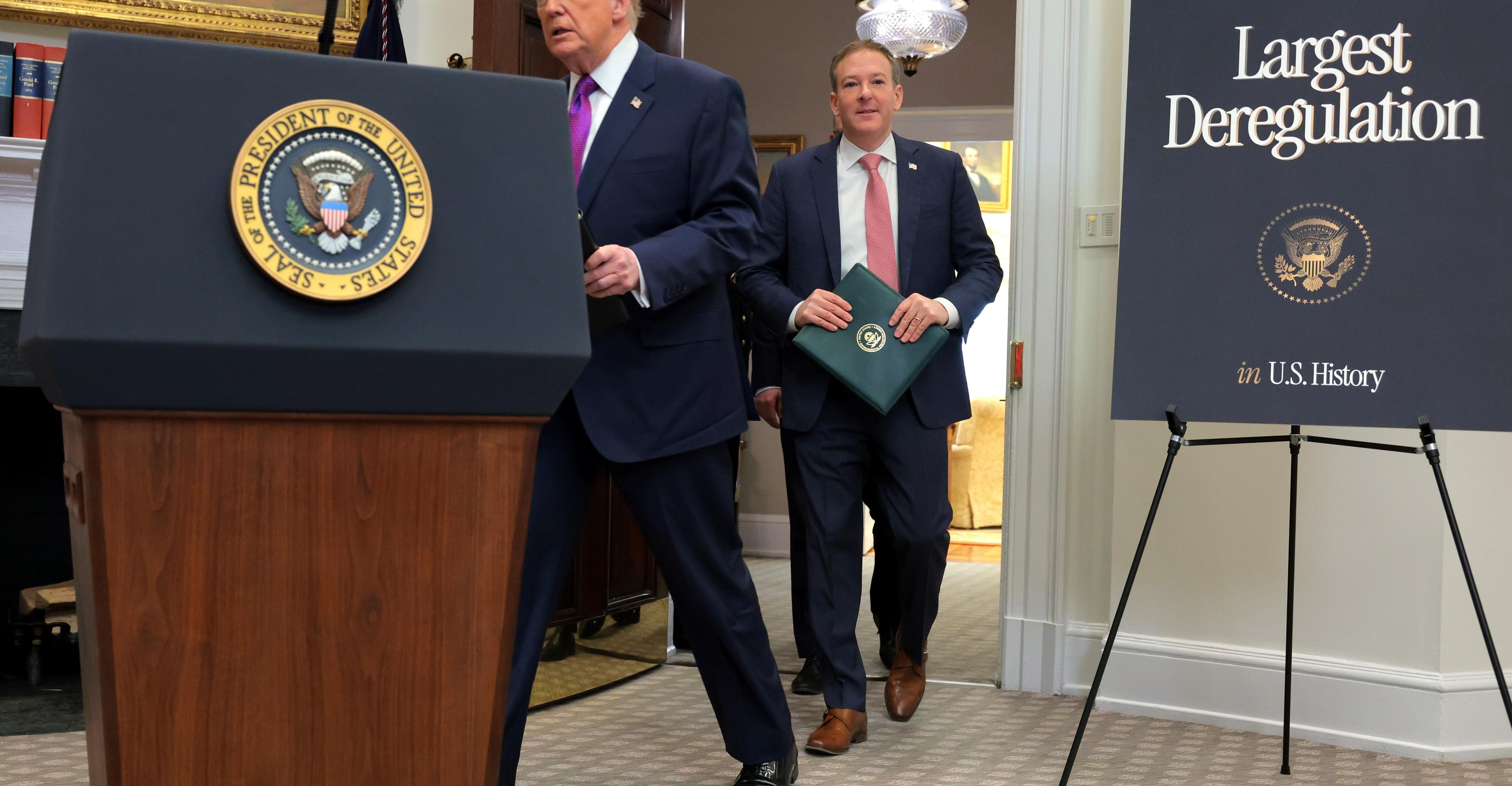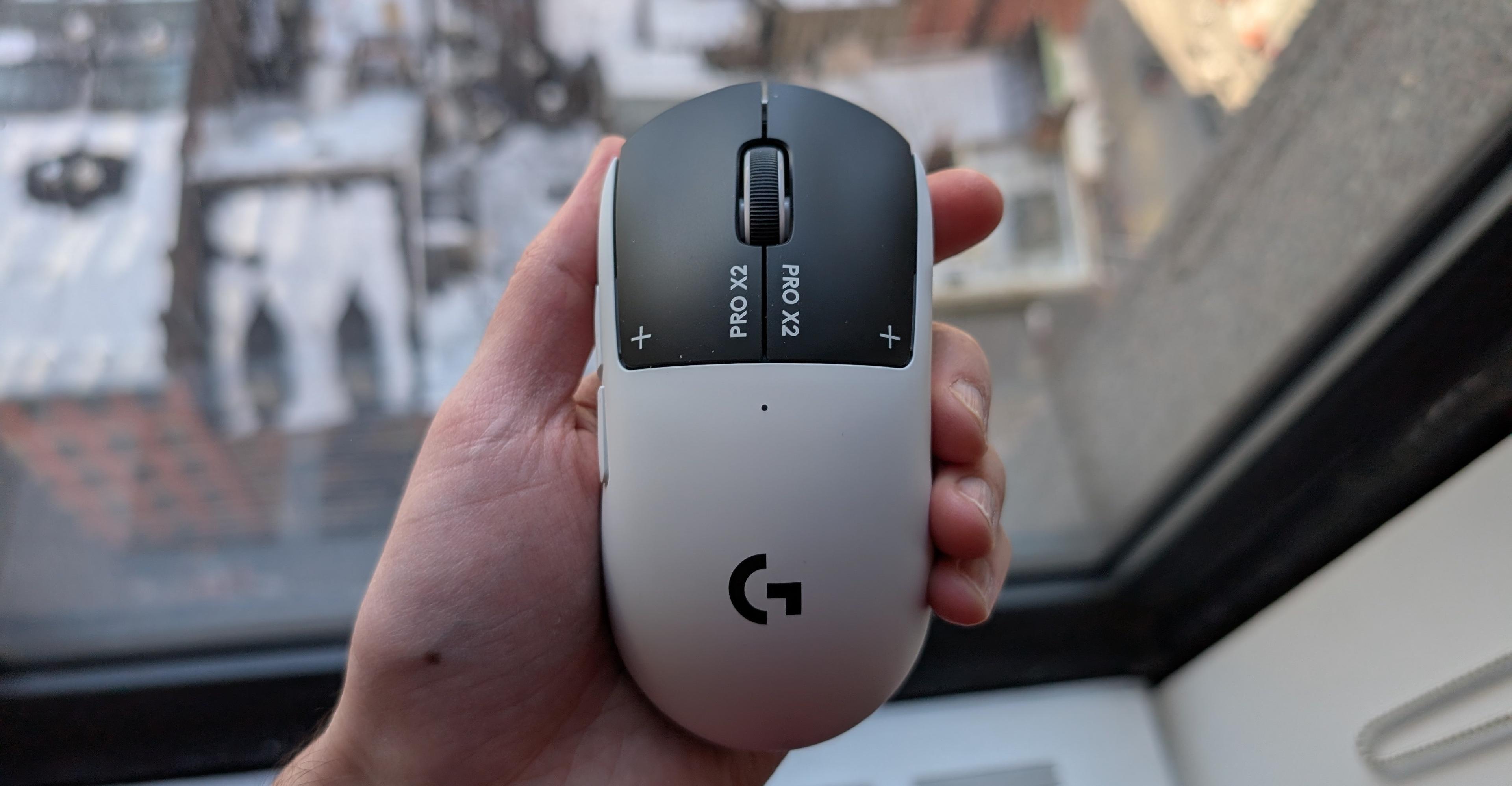As many Asian countries battle their worst surge of Covid infections, the slow flow of vaccine doses from around the world is finally picking up speed, giving hope that inoculation rates can increase and help blunt the effect of the rapidly spreading delta variant.

With many vaccine pledges still unfulfilled and rates of infection spiking across multiple countries, however, experts say more needs to be done to help nations struggling with the overflow of patients and shortages of oxygen and other critical supplies.
Some 1.5 million doses of the Moderna vaccine arrived Thursday afternoon in Indonesia, which has become a dominant hot spot with record high infections and deaths.
The U.S. shipment follows 3 million other American doses that arrived Sunday, and 11.7 million doses of AstraZeneca that have come in batches since March through the U.N.-backed COVAX mechanism, the last earlier this week.
“It’s quite encouraging,” said Sowmya Kadandale, health chief in Indonesia of UNICEF, which is in charge of the distribution of vaccines provided through COVAX. “It seems now to be, and not just in Indonesia, a race between the vaccines and the variants, and I hope we win that race.”
Many, including the World Health Organization, have been critical of the vaccine inequalities in the world, pointing out that many wealthy nations have more than half of their populations at least partially vaccinated, while the vast majority of people in lower-income countries are still waiting on a first dose.
The International Red Cross warned this week of a “widening global vaccine divide” and said wealthy countries needed to increase the pace of following through on their pledges.
“It’s a shame it didn’t happen earlier and can’t happen faster,” Alexander Matheou, the Asia-Pacific director of the Red Cross, said of the recent uptick in deliveries. “There’s no such thing as too late — vaccinating people is always worth doing — but the later the vaccines come, the more people will die.”
Vietnam, Thailand and South Korea have all imposed new lockdown restrictions over the past week as they struggle to contain rapidly rising infections amid sluggish vaccination campaigns.
In South Korea — widely praised for its initial response to the pandemic that included extensive testing and contact tracing — a shortage in vaccines has left 70% of the population still waiting for their first shot. Thailand, which only started its mass vaccination in early June, is seeing skyrocketing cases and record deaths, and only about 15% of people have had at least one shot. In Vietnam, only about 4% have.
“Parts of the world ... are talking about reclaiming lost freedoms such as going back to work, opening the cinemas and restaurants,” Matheou told The Associated Press. “This part of the world is far away from that.”
ADVIndonesia started aggressively vaccinating earlier than many in the region, negotiating bilaterally with China for the Sinovac jabs. Now about 14% of its population — the fourth largest in the world — has at least one dose of a vaccine, primarily Sinovac. Several countries also have their own production capabilities, including South Korea, Japan and Thailand, but still need more doses to fill the needs of the region’s huge population.
“Both Moderna and AstraZeneca have been really critical in ramping up these numbers and ensuring that the supplies are available,” said UNICEF’s Kadandale, noting that Indonesia plans to have some additional 208.2 million people vaccinated by year’s end and is giving 1 million shots daily. “Every single dose does make a huge difference.”
Many other countries in the region have vaccination rates far below Indonesia’s for a variety of reasons, including production and distribution issues as well as an initial wait-and-see attitude from many early on when numbers were low and there was less of a sense of urgency.
Some were shocked into action after witnessing the devastation in India in April and May as the country’s health system collapsed under a severe spike in cases that caught the government unprepared and led to mass fatalities.
At the same time, India — a major regional producer of vaccines — stopped exporting doses so that it could focus on its own suffering population.
The U.S. has sent tens of millions of vaccine doses to multiple countries in Asia recently, part of President Joe Biden’s pledge to provide 80 million doses, including Vietnam, Laos, South Korea and Bangladesh. The U.S. plans to donate an additional 500 million vaccines globally in the next year, and 200 million by the end of 2021.
“Indonesia is a critical partner for U.S. engagement in Southeast Asia and the vaccines come without strings attached,” said Scott Hartmann, a spokesman for the U.S. Embassy in Jakarta. “We’re doing this with the object of saving lives and ending the global pandemic, and equitable global access to safe and effective vaccines is essential.”
PMD predicts dry weather in most parts of country
- 12 hours ago

Gold prices continue to surge in Pakistan, global markets
- 16 hours ago
NORAD detects Russian planes off of Alaska, sends aircraft in response
- 17 hours ago

Google announces dates for I/O 2026
- 17 hours ago
Pakistan, US agree to enhance bilateral trade, economic ties, counterterrorism cooperation
- 15 hours ago

It’s MAGA v Broligarch in the battle over prediction markets
- 2 hours ago

Money no longer matters to AI’s top talent
- 2 hours ago

Scientists have found another alarming pattern in wildfires
- a day ago

Magnitude 5.6 quake jolts parts of KP
- 12 hours ago

Strong earthquake rattles eastern Afghanistan
- 10 hours ago
PM Shehbaz calls for independent, sovereign state of Palestine
- 16 hours ago
Why it's so difficult to break into the Premier League's top six
- an hour ago






